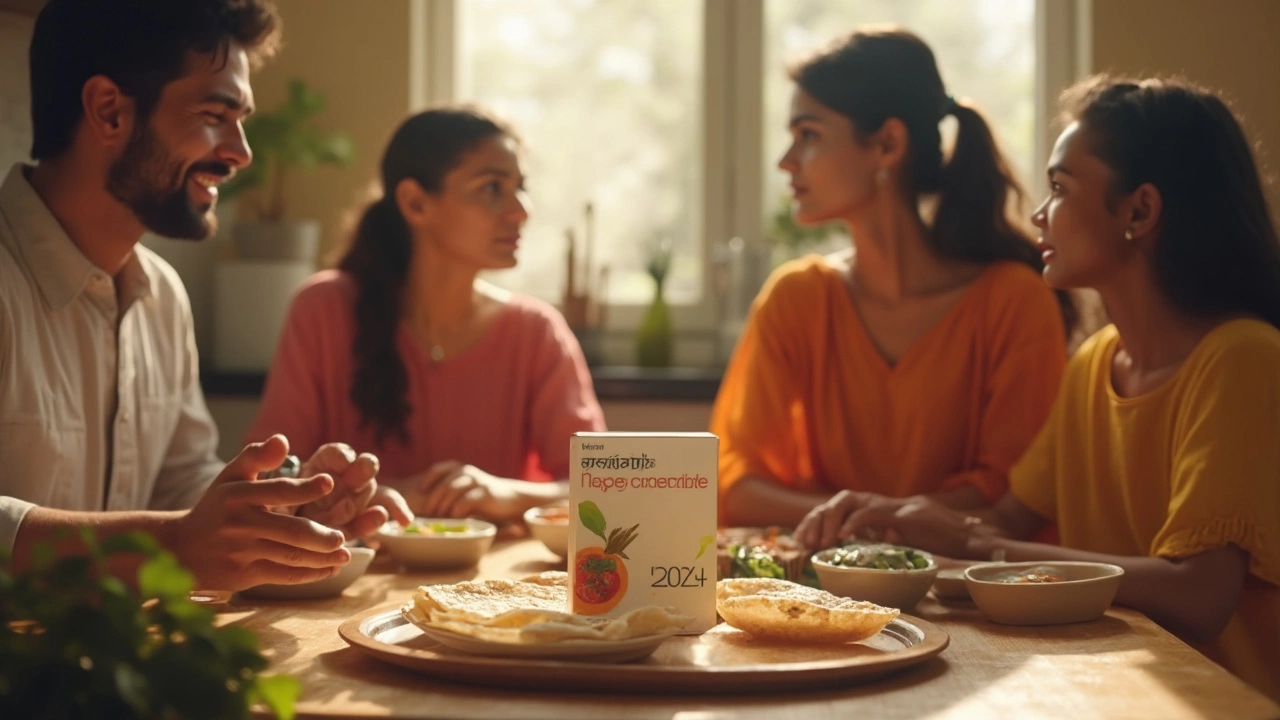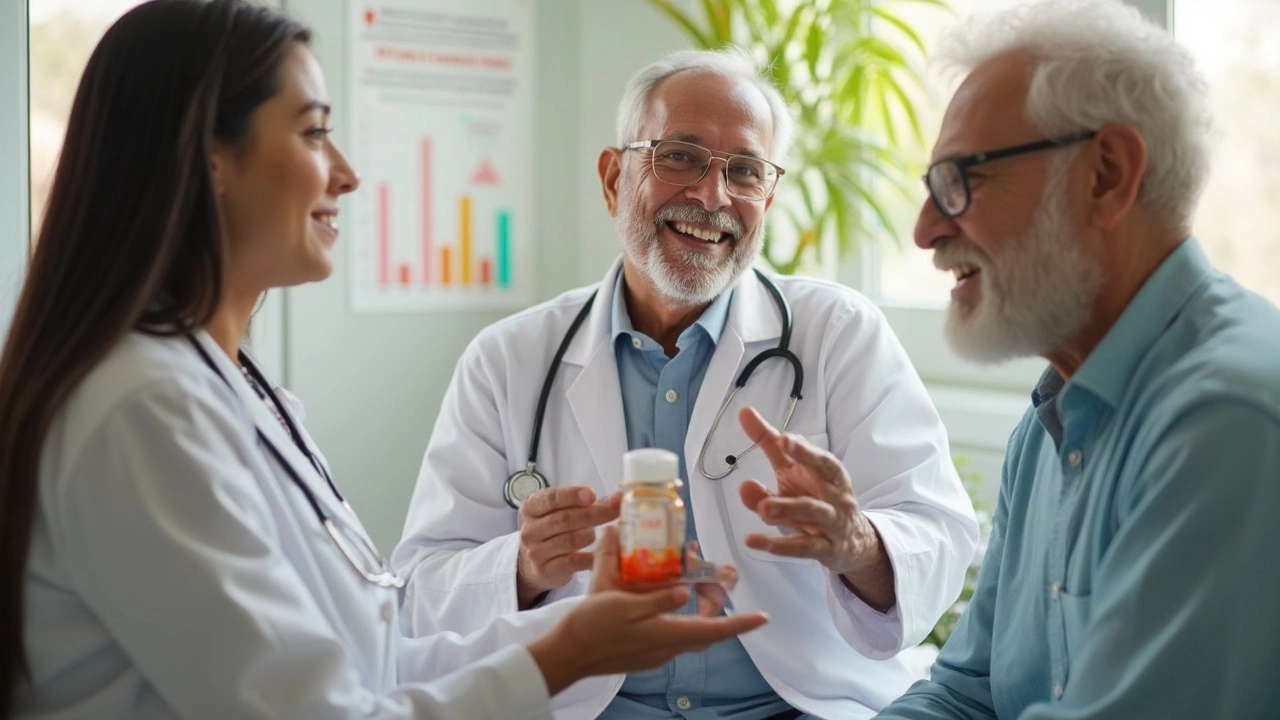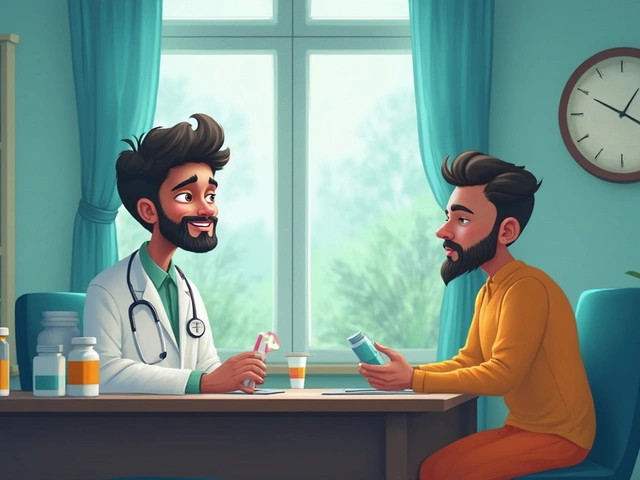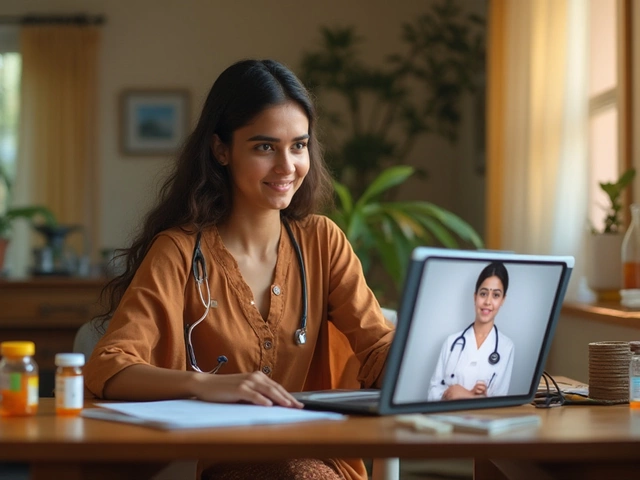Type 2 Diabetes: What Every Patient Should Know About Medicine Safety
If you have type 2 diabetes, you probably take at least one pill every day. Those pills keep blood sugar in check, but not every tablet is harmless. In India, some medicines contain ingredients that can harm the liver, kidneys, or even interact with everyday foods. Knowing the red flags helps you stay healthy while controlling sugar levels.
Common Diabetes Drugs and Their Hidden Side Effects
Metformin is the most prescribed drug for type 2 diabetes. It works well for most people, yet a small group experiences severe stomach upset or a rare lactic acidosis if kidney function dips. If you notice persistent nausea, vomiting, or unusual tiredness, tell your doctor right away.
Sulfonylureas, like glibenclamide, push the pancreas to release more insulin. They are cheap and effective, but they can cause low blood sugar (hypoglycemia) especially when you skip meals or drink alcohol. Always keep a fast‑acting sugar source nearby, and discuss dosage adjustments if you plan a weekend outing.
Newer GLP‑1 receptor agonists, such as Ozempic, have gained fame for weight loss. While they lower glucose safely for many, they can trigger pancreatitis or gallbladder issues. If you feel sharp abdominal pain, nausea that won’t go away, or fever, seek medical help immediately.
Practical Tips to Keep Your Diabetes Treatment Safe
First, get regular lab tests. A simple blood test every three months can spot rising liver enzymes or declining kidney numbers before you feel any symptoms. Bring those results to every follow‑up visit.
Second, watch your diet for hidden sugar spikes. Some fruit juices or sweetened beverages can push glucose higher than you think, forcing your doctor to increase medication doses. Stick to whole fruits and measure portions.
Third, be honest about over‑the‑counter (OTC) meds and herbal supplements. Products like ayurvedic herbs, weight‑loss pills, or even high‑dose vitamin C can clash with diabetes drugs, sometimes causing dangerous blood‑sugar swings.
Finally, store your medicines properly. Heat and humidity can degrade tablet potency, especially in tropical climates. Keep them in a cool, dry place and discard any that look discolored or smell odd.
Managing type 2 diabetes isn’t just about lowering numbers; it’s about staying safe from medication‑related hazards. By staying alert to side effects, getting routine tests, and talking openly with your healthcare team, you can control sugar without compromising overall health.
Remember, you’re not alone in this journey. Many Indian patients have faced the same challenges, and the community is sharing success stories every day. Use those experiences, ask questions, and make informed choices—your body will thank you.

New Pill for Type 2 Diabetes 2024: What You Need to Know
Heard about the new pill for type 2 diabetes that hit the market in 2024? This article explains what the drug is, how it works, and how it’s different from previous treatments. You’ll get real info on side effects, practical tips for daily life, and honest talk about who might benefit most. Find out if this new option could fit into your diabetes management plan.

Diabetic Pill: What Is the Number One Choice for Diabetes?
Looking for the best diabetic pill can be confusing, especially with so many options available. This article breaks down the number one prescription pill for type 2 diabetes and explains how it works. Find out why doctors often recommend it, what you should expect, and a few things to watch for. Get clear, practical tips you can use today. No fluff—just straight talk about diabetes medication.

New Drug Revolutionizing Type 2 Diabetes Treatment
Type 2 diabetes management takes a leap forward with the introduction of an innovative new drug. This article sheds light on its mechanism, advantages over existing treatments, and its potential impact on the diabetic community. Learn about the research driving this breakthrough and practical tips for integrating it into management routines. Discover how this development might change the future for those living with diabetes.

Safest Diabetic Medications: What's Best for You?
Apr, 14 2025



